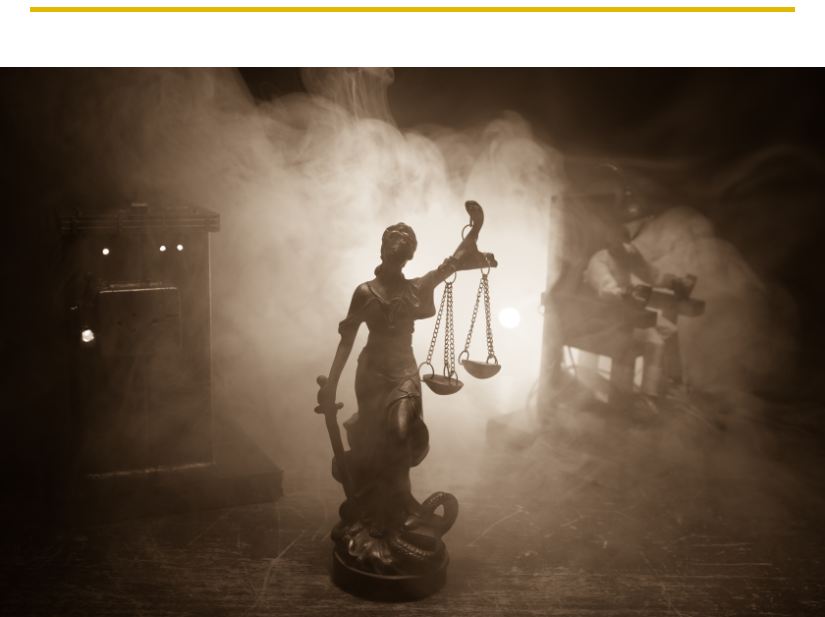
Protecting Idaho from Liberal Drug Policies
Friends and Constituents of District 3 –
As the Idaho legislative session winds down, you should know that we made significant progress in tax relief and limiting spending. We have reduced substantially some budgets (not all, certainly!) and continue working on several crucial issues, specifically safety, personal rights, and freedoms of Idahoans. I am still trying to address Idaho sovereignty with respect to energy production and distribution.
Additionally, this session has seen significant efforts to enhance child protection, with legislation aimed at holding perpetrators of child abuse accountable in the most severe ways. At the same time, important steps have been taken to address immigration enforcement in the state, reinforcing cooperation with federal agencies to better manage and address immigration-related issues.
Another area of focus has been the expansion of medical freedom, ensuring that Idahoans’ rights to make their own medical decisions are respected, particularly in settings like businesses, schools, and government services. These legislative actions reflect the state’s ongoing commitment to protecting individual liberties and upholding public safety.
As the session concludes, these issues remain central to the legislative agenda, and their outcomes will have lasting impacts on the direction Idaho takes in addressing some of its most pressing challenges. Stay engaged as these vital discussions continue to unfold.
Stay tuned for more updates, and as always, please feel free to reach out with your thoughts and feedback.
In liberty and gratitude,
Representative Vito Barbieri
Idaho House of Representatives
Legislative District 3

A Strong Stand for Idaho’s Children
House Bill 380
In a historic and unanimous move, the Idaho House has passed House Bill 380, taking a firm stand against those who harm our most vulnerable. This bill empowers the state to impose the death penalty on adults who sexually abuse children aged 12 and younger. It introduces a new criminal charge for aggravated lewd conduct with children and mandates minimum prison sentences for other serious offenses involving minors under 16. If specific, horrific aggravating factors are present, offenders could face the ultimate punishment.
This bill is not just about the law—it’s about protecting our children, who deserve to grow up in a safe environment free from the horrors of abuse. Idaho’s current penalties have been criticized as too lenient, and this bill changes that. It sends a powerful message: if you harm a child in the most brutal way, you will face the full consequences of your actions.
The bill passed with overwhelming bipartisan support—63 votes in favor and none against—demonstrating the urgent and united commitment to defending Idaho’s children. While legal challenges are expected, particularly due to a 2008 U.S. Supreme Court ruling blocking the death penalty for child rape, supporters are determined that it’s time for change.
Now, House Bill 380 moves to the Senate, where it can become a law that will forever change the way Idaho protects its children. This is not just a law; it’s a declaration that Idaho will no longer tolerate those who abuse its most innocent and precious. We must stay vigilant, keep pushing for justice, and ensure that our state remains a place where children are safe from harm.

Immigration Cooperation and Enforcement Act
House Bill 83
Idaho has passed the Immigration Cooperation and Enforcement Act, a comprehensive law addressing undocumented immigration. The bill criminalizes illegal entry into the state, making first-time offenses a misdemeanor and repeat offenses a felony. Law enforcement can enforce these provisions only when investigating other crimes. The law mandates cooperation between state and federal authorities, including maintaining immigration status information, honoring immigration detainers, and entering agreements with federal agencies.
The bill also introduces the crime of “trafficking a dangerous illegal alien,” with significant penalties, and adds a sentencing enhancement for dangerous crimes committed by previously deported individuals. Custodial authorities are required to check the immigration status of confined individuals, notify federal authorities, and impose specific release conditions for illegal aliens.
Law enforcement officers acting in good faith under the law are granted immunity from liability. The bill emphasizes alignment with federal immigration laws and civil rights regulations and includes a severability clause to ensure its provisions remain effective even if parts of it are struck down.
The law goes into effect immediately, marking a significant step in Idaho’s approach to immigration enforcement and cooperation with federal authorities.Learn more

Protection Against Medical Mandates
Senate Bill 1023
Idaho has expanded the scope of the Medical Freedom Act to offer broader protections against medical mandates. The new bill extends restrictions beyond coronavirus-related mandates to prohibit any medical interventions, including procedures, treatments, drugs, and vaccines. It prohibits businesses, schools, government entities, and ticket issuers from requiring or discriminating against individuals based on their medical intervention status.
The bill specifically forbids entities from refusing services, employment, or access to venues based on whether someone has received a medical intervention. It also prevents employers and schools from mandating medical interventions as a condition for employment or attendance, with limited exceptions for federal law requirements. Additionally, the law prohibits offering different compensation based on medical intervention status and bans requiring medical interventions to access government benefits, services, or facilities.
Enforcement of the law can be pursued by the attorney general or county prosecutors, who are authorized to seek injunctive relief and attorney’s fees if successful. The legislation underscores the Idaho legislature’s commitment to safeguarding individual medical freedoms and ensuring that personal medical decisions are not a basis for discrimination.

Pro-Life Legislation Heads to Governor
Senate Bill 1046
Both the House and Senate have overwhelmingly passed Senate Bill 1046, an important pro-life education bill. It now awaits the Governor’s signature.
This legislation requires Idaho public schools to provide human growth and development instruction for students in grades 5 through 12. The instruction will include scientifically accurate materials, such as ultrasound videos and animations, showing fetal development and the stages of human growth.
The goal is to ensure students receive accurate and consistent education on human biology and development.


